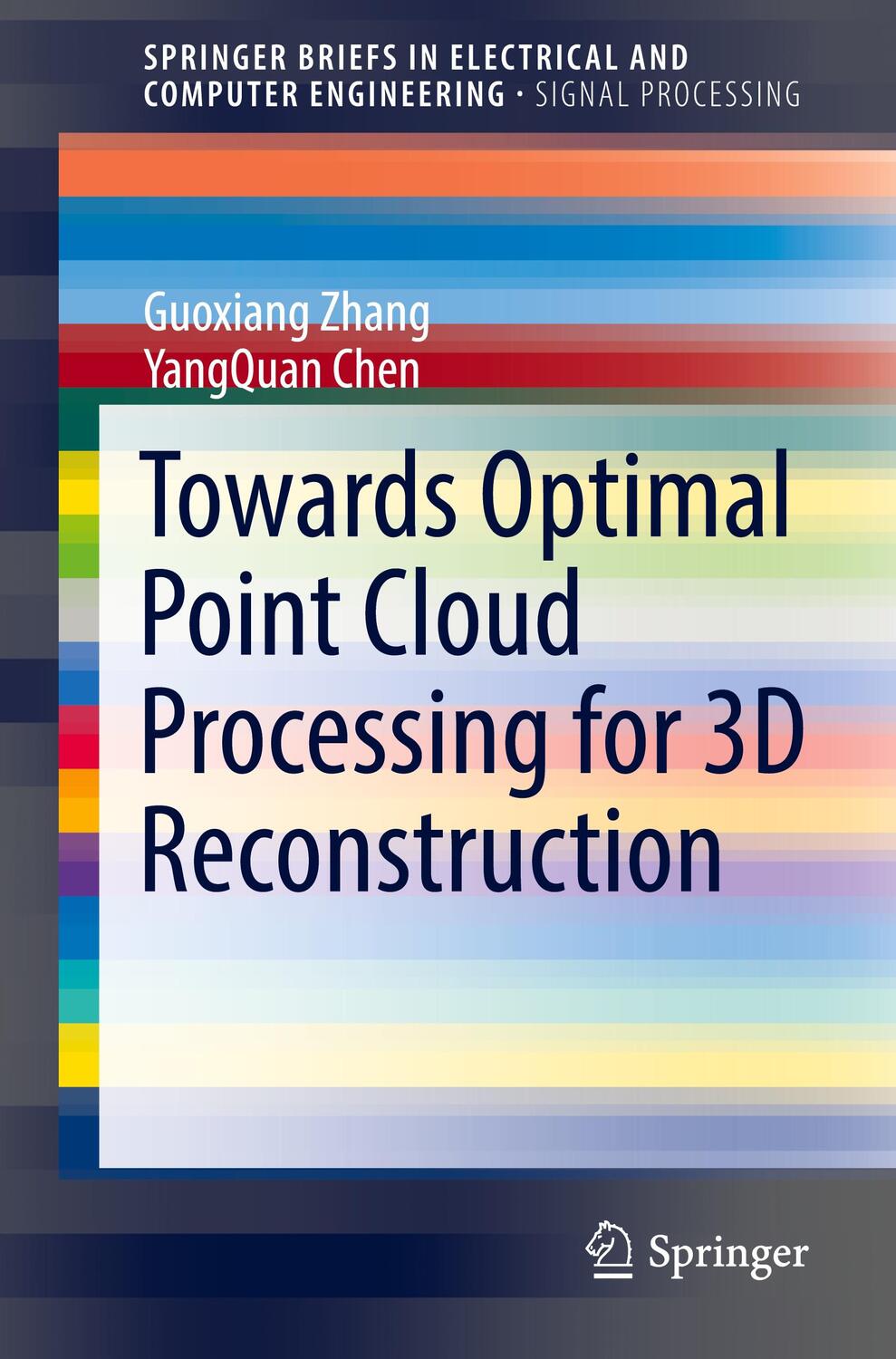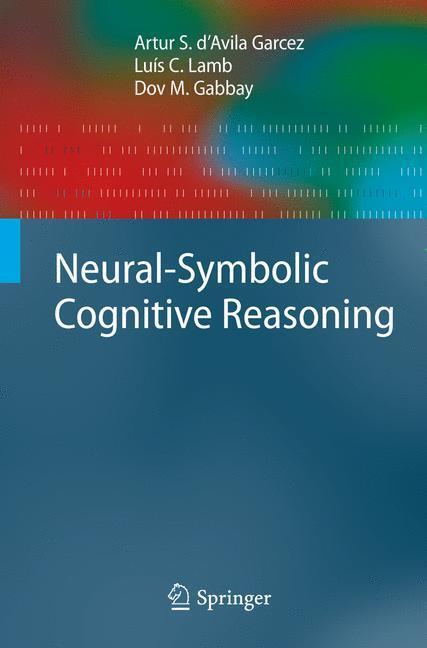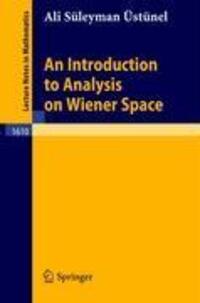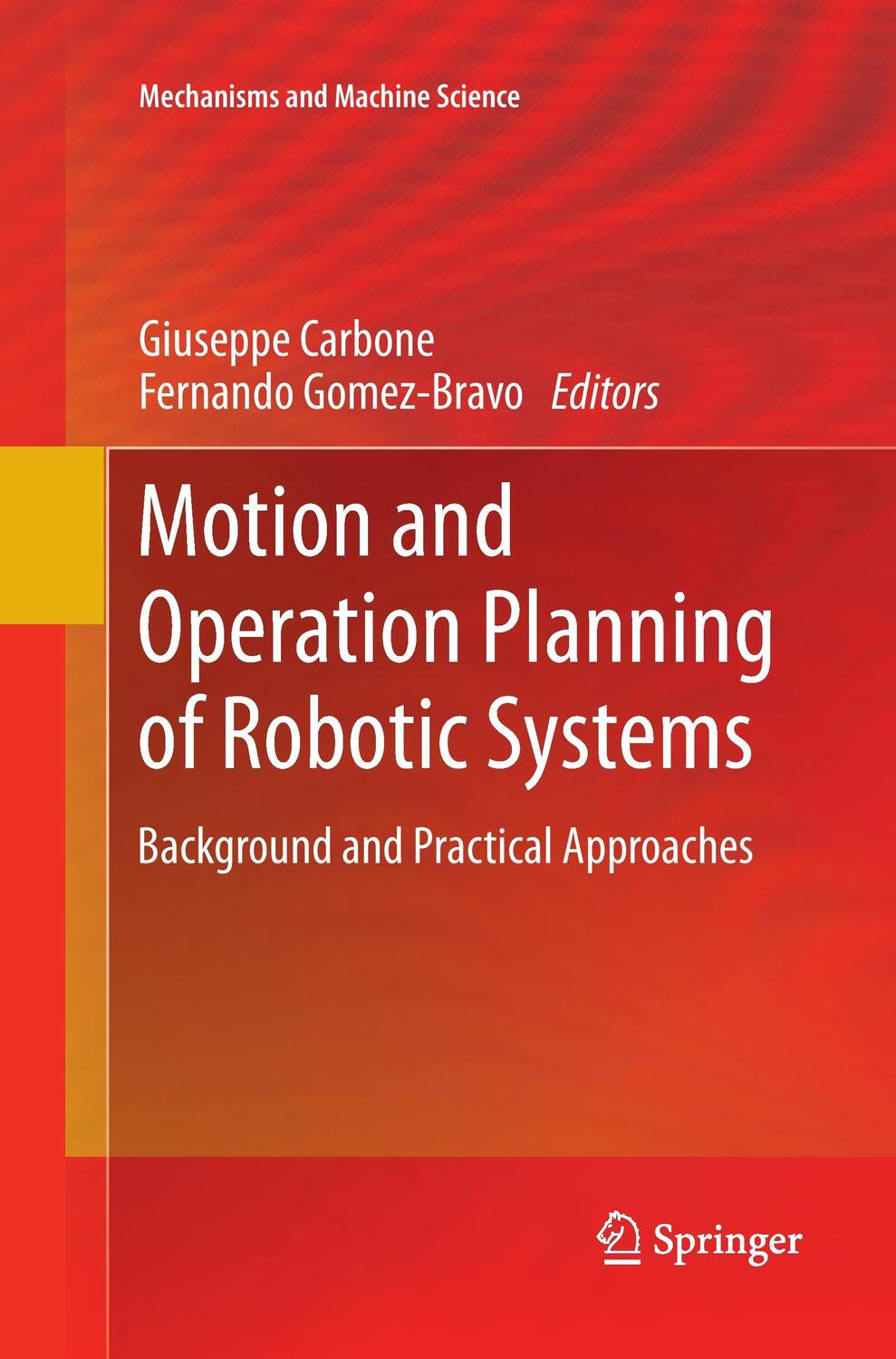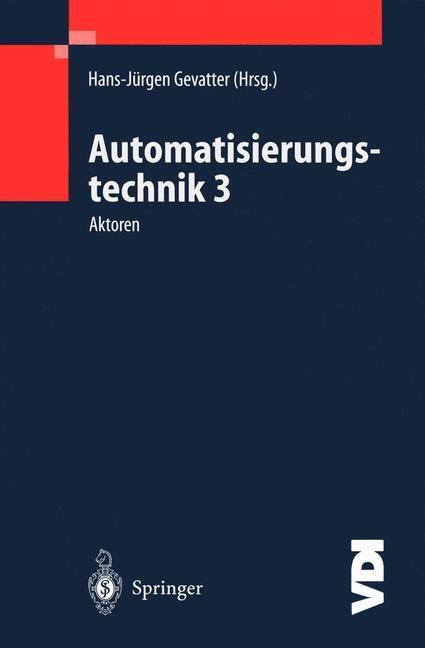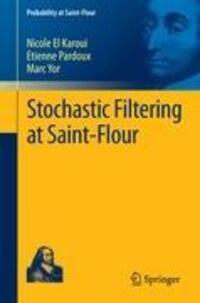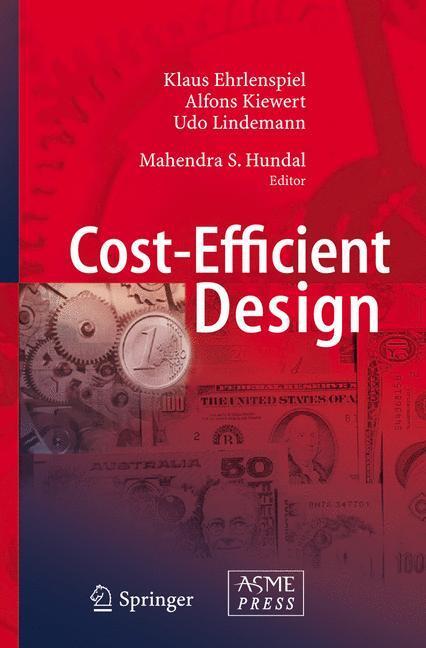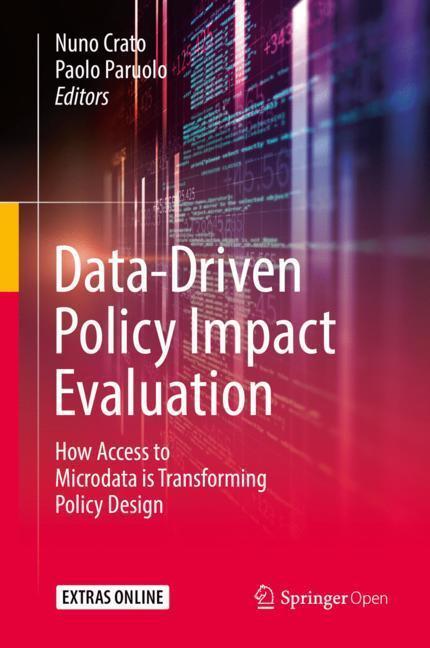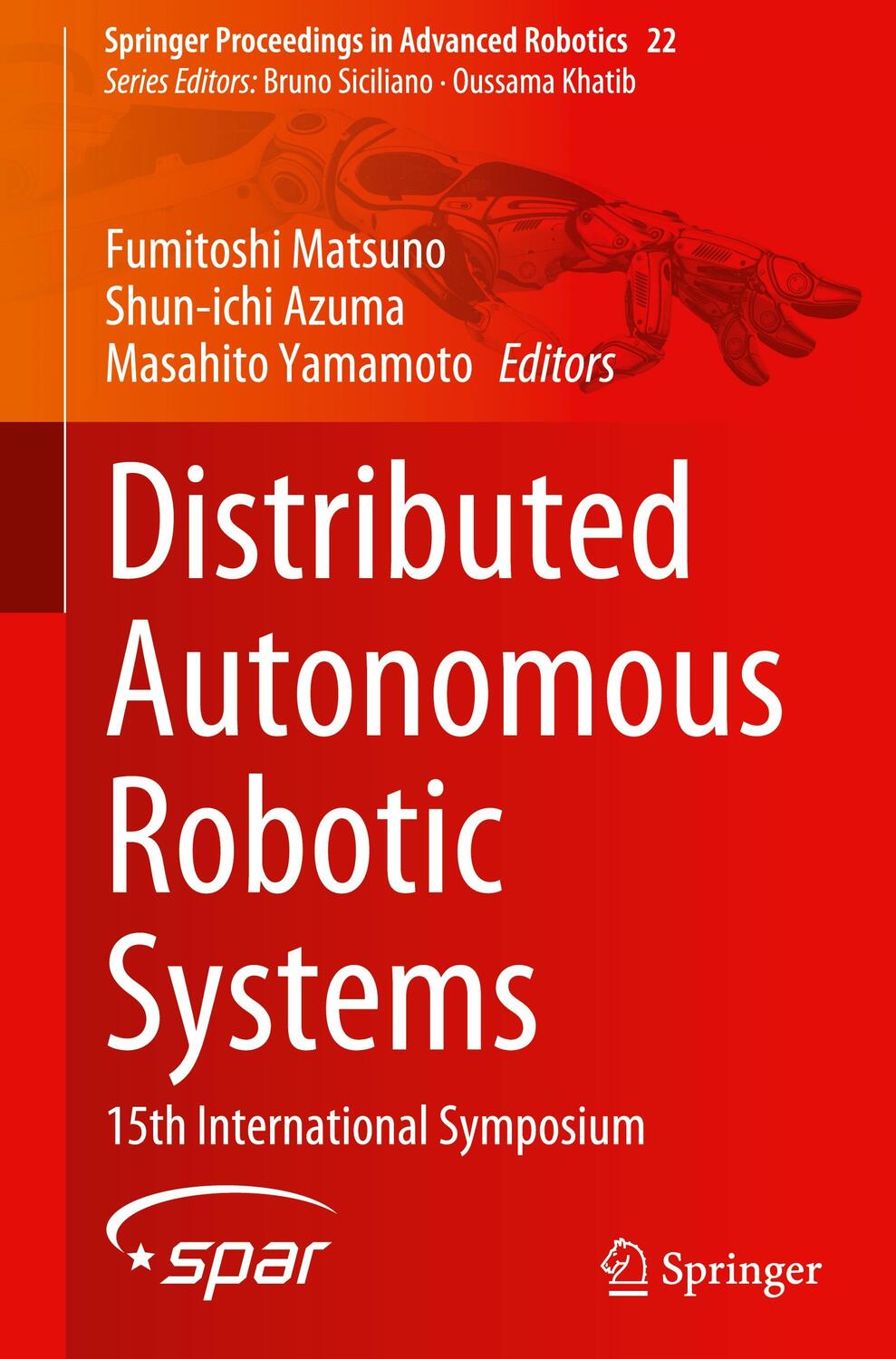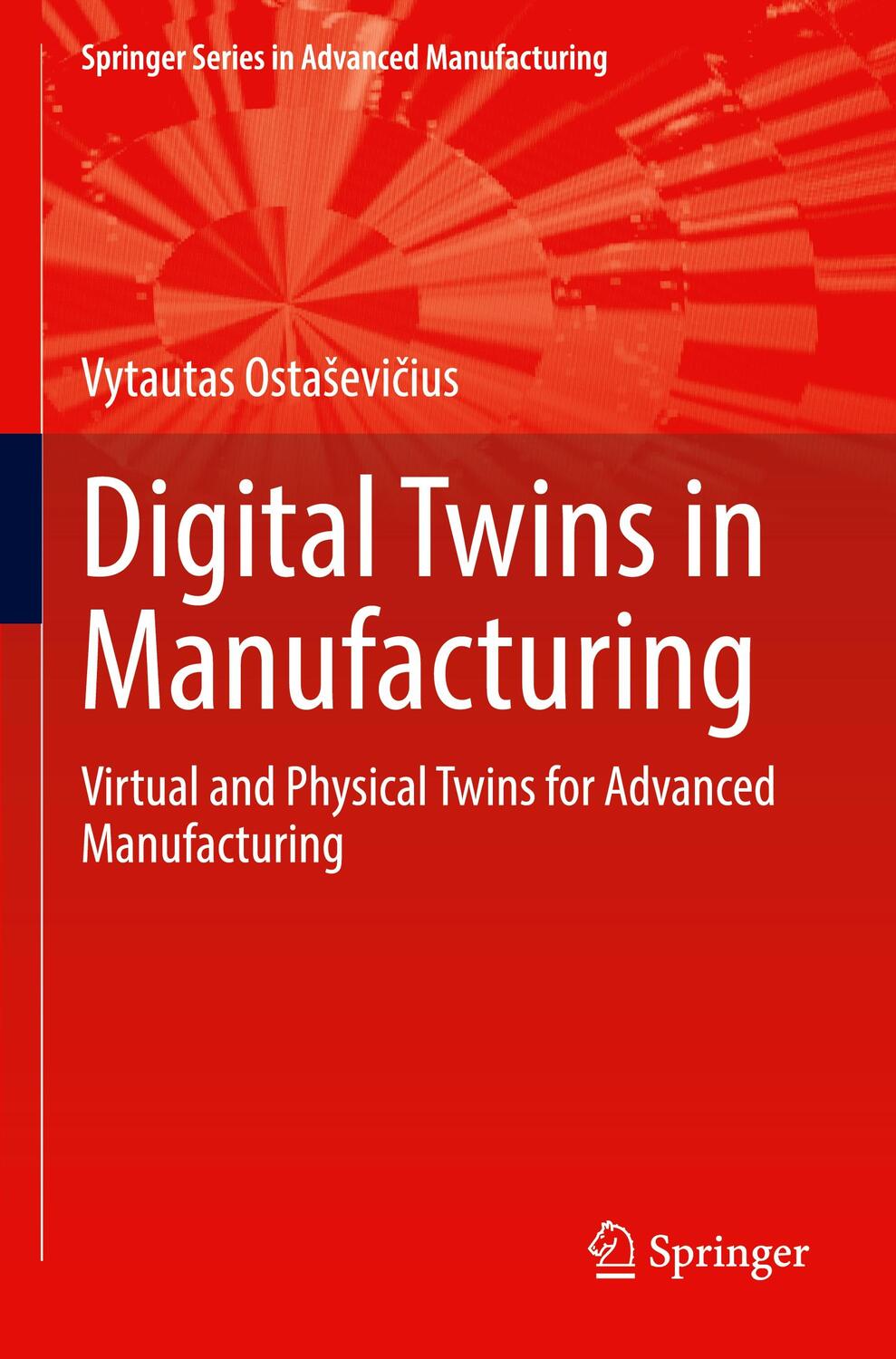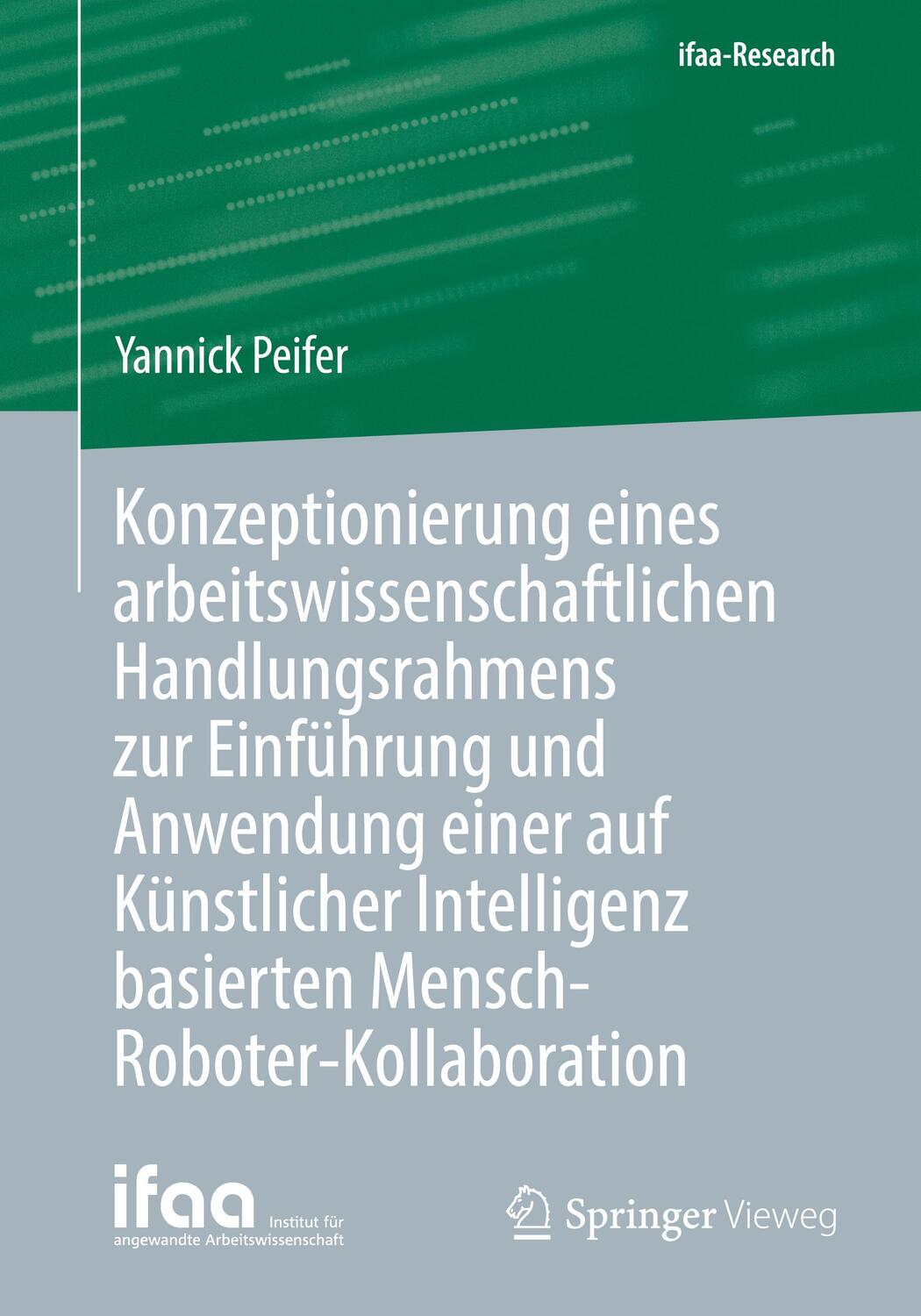Dekorationsartikel gehören nicht zum Leistungsumfang.
Sprache:
Englisch
51,45 €*
Versandkostenfrei per Post / DHL
Lieferzeit 4-7 Werktage
Kategorien:
Beschreibung
This SpringerBrief presents novel methods of approaching challenging problems in the reconstruction of accurate 3D models and serves as an introduction for further 3D reconstruction methods. It develops a 3D reconstruction system that produces accurate results by cascading multiple novel loop detection, sifting, and optimization methods.The authors offer a fast point cloud registration method that utilizes optimized randomness in random sample consensus for surface loop detection. The text also proposes two methods for surface-loop sifting. One is supported by a sparse-feature-based optimization graph. This graph is more robust to different scan patterns than earlier methods and can cope with tracking failure and recovery. The other is an offline algorithm that can sift loop detections based on their impact on loop optimization results and which is enabled by a dense map posterior metric for 3D reconstruction and mapping performance evaluation works without any costly ground-truth data.
The methods presented in Towards Optimal Point Cloud Processing for 3D Reconstruction will be of assistance to researchers developing 3D modelling methods and to workers in the wide variety of fields that exploit such technology including metrology, geological animation and mass customization in smart manufacturing.
The methods presented in Towards Optimal Point Cloud Processing for 3D Reconstruction will be of assistance to researchers developing 3D modelling methods and to workers in the wide variety of fields that exploit such technology including metrology, geological animation and mass customization in smart manufacturing.
This SpringerBrief presents novel methods of approaching challenging problems in the reconstruction of accurate 3D models and serves as an introduction for further 3D reconstruction methods. It develops a 3D reconstruction system that produces accurate results by cascading multiple novel loop detection, sifting, and optimization methods.The authors offer a fast point cloud registration method that utilizes optimized randomness in random sample consensus for surface loop detection. The text also proposes two methods for surface-loop sifting. One is supported by a sparse-feature-based optimization graph. This graph is more robust to different scan patterns than earlier methods and can cope with tracking failure and recovery. The other is an offline algorithm that can sift loop detections based on their impact on loop optimization results and which is enabled by a dense map posterior metric for 3D reconstruction and mapping performance evaluation works without any costly ground-truth data.
The methods presented in Towards Optimal Point Cloud Processing for 3D Reconstruction will be of assistance to researchers developing 3D modelling methods and to workers in the wide variety of fields that exploit such technology including metrology, geological animation and mass customization in smart manufacturing.
The methods presented in Towards Optimal Point Cloud Processing for 3D Reconstruction will be of assistance to researchers developing 3D modelling methods and to workers in the wide variety of fields that exploit such technology including metrology, geological animation and mass customization in smart manufacturing.
Über den Autor
Dr. Guoxiang Zhang completed his Ph.D. program at University of California Merced in Spring 2021. His research interests are in 3D point cloud processing, semantic mapping with applications in cave exploration drones and autonomous driving systems. The loop-detection method he invented has the top performance on several real world datasets. His work on more informed RANSAC won the best presentation award from the 2020 ICCMA conference. His foundational code contributions in Julia for 3D reconstruction application are being widely used.
Dr. YangQuan Chen is now a full professor at the School of Engineering, University of California, Merced. He was on faculty of Electrical and Computer Engineering Dept. of Utah State University, Logan, Utah from 2000 to 2012 where he was a tenured associate professor and the Director for the Center for Self-Organizing and Intelligent Systems (CSOIS) from 2004-2012. Dr. Chen published many books, papers and patents. He served as theGeneral Co-Chair for ICUAS 2014 and 2017, 2019 (International Conference on Unmanned Aircraft Systems), and was on the editorial board for journals like IEEE Transaction on Control Systems Technology, ISA Transactions, IFAC journals of Control Engineering Practice, ASME Journal of Dynamics Systems, Measurement and Control. He serves as associate editor for IFAC Mechatronics, Fractional Calculus and Applied Analysis, and Nonlinear Dynamics, as well as again ASME Journal of Dynamics Systems, Measurement and Control. He is now serving as the Topical Editor-in-Chief (Field Robotics) on International Journal of Advanced Robotics Systems (IJARS) and Intelligent Service Robotics. His Publon H-index is 63 with more than 17.1k citations, GoogleScholar citation is 39.7k with H-index 88, H10-index 512. Prof. Chen was selected in the 2018, 2019, 2020 Highly Cited Researchers List by Clarivate.
Zusammenfassung
Open-access codes allow the reader to reproduce and reuse the results presented
Provides public datasets for reproducible performance testing
Shows the reader how to optimize 3-D Reconstructions
Inhaltsverzeichnis
1. Introduction.- 2. Preliminaries.- 3. Fractional-Order Random Sample Consensus.- 4. Online Sifting of Loop Detections for 3D Reconstruction of Caves.- 5. Dense Map Posterior: A Novel Quality Metric for 3D Reconstruction.- 6. Offline Sifting and Majorization of Loop Detections.- 7. Conclusion and Future Opportunities.- Appendix: More Information on Results Reproducibility.
Details
| Erscheinungsjahr: | 2022 |
|---|---|
| Fachbereich: | Nachrichtentechnik |
| Genre: | Technik |
| Rubrik: | Naturwissenschaften & Technik |
| Medium: | Taschenbuch |
| Seiten: | 108 |
| Reihe: | SpringerBriefs in Signal Processing |
| Inhalt: |
xix
87 S. 4 s/w Illustr. 25 farbige Illustr. 87 p. 29 illus. 25 illus. in color. |
| ISBN-13: | 9783030961091 |
| ISBN-10: | 3030961095 |
| Sprache: | Englisch |
| Ausstattung / Beilage: | Paperback |
| Einband: | Kartoniert / Broschiert |
| Autor: |
Chen, Yangquan
Zhang, Guoxiang |
| Auflage: | 1st ed. 2022 |
| Hersteller: |
Springer International Publishing
Springer International Publishing AG SpringerBriefs in Signal Processing |
| Maße: | 235 x 155 x 7 mm |
| Von/Mit: | Yangquan Chen (u. a.) |
| Erscheinungsdatum: | 04.06.2022 |
| Gewicht: | 0,178 kg |
Über den Autor
Dr. Guoxiang Zhang completed his Ph.D. program at University of California Merced in Spring 2021. His research interests are in 3D point cloud processing, semantic mapping with applications in cave exploration drones and autonomous driving systems. The loop-detection method he invented has the top performance on several real world datasets. His work on more informed RANSAC won the best presentation award from the 2020 ICCMA conference. His foundational code contributions in Julia for 3D reconstruction application are being widely used.
Dr. YangQuan Chen is now a full professor at the School of Engineering, University of California, Merced. He was on faculty of Electrical and Computer Engineering Dept. of Utah State University, Logan, Utah from 2000 to 2012 where he was a tenured associate professor and the Director for the Center for Self-Organizing and Intelligent Systems (CSOIS) from 2004-2012. Dr. Chen published many books, papers and patents. He served as theGeneral Co-Chair for ICUAS 2014 and 2017, 2019 (International Conference on Unmanned Aircraft Systems), and was on the editorial board for journals like IEEE Transaction on Control Systems Technology, ISA Transactions, IFAC journals of Control Engineering Practice, ASME Journal of Dynamics Systems, Measurement and Control. He serves as associate editor for IFAC Mechatronics, Fractional Calculus and Applied Analysis, and Nonlinear Dynamics, as well as again ASME Journal of Dynamics Systems, Measurement and Control. He is now serving as the Topical Editor-in-Chief (Field Robotics) on International Journal of Advanced Robotics Systems (IJARS) and Intelligent Service Robotics. His Publon H-index is 63 with more than 17.1k citations, GoogleScholar citation is 39.7k with H-index 88, H10-index 512. Prof. Chen was selected in the 2018, 2019, 2020 Highly Cited Researchers List by Clarivate.
Zusammenfassung
Open-access codes allow the reader to reproduce and reuse the results presented
Provides public datasets for reproducible performance testing
Shows the reader how to optimize 3-D Reconstructions
Inhaltsverzeichnis
1. Introduction.- 2. Preliminaries.- 3. Fractional-Order Random Sample Consensus.- 4. Online Sifting of Loop Detections for 3D Reconstruction of Caves.- 5. Dense Map Posterior: A Novel Quality Metric for 3D Reconstruction.- 6. Offline Sifting and Majorization of Loop Detections.- 7. Conclusion and Future Opportunities.- Appendix: More Information on Results Reproducibility.
Details
| Erscheinungsjahr: | 2022 |
|---|---|
| Fachbereich: | Nachrichtentechnik |
| Genre: | Technik |
| Rubrik: | Naturwissenschaften & Technik |
| Medium: | Taschenbuch |
| Seiten: | 108 |
| Reihe: | SpringerBriefs in Signal Processing |
| Inhalt: |
xix
87 S. 4 s/w Illustr. 25 farbige Illustr. 87 p. 29 illus. 25 illus. in color. |
| ISBN-13: | 9783030961091 |
| ISBN-10: | 3030961095 |
| Sprache: | Englisch |
| Ausstattung / Beilage: | Paperback |
| Einband: | Kartoniert / Broschiert |
| Autor: |
Chen, Yangquan
Zhang, Guoxiang |
| Auflage: | 1st ed. 2022 |
| Hersteller: |
Springer International Publishing
Springer International Publishing AG SpringerBriefs in Signal Processing |
| Maße: | 235 x 155 x 7 mm |
| Von/Mit: | Yangquan Chen (u. a.) |
| Erscheinungsdatum: | 04.06.2022 |
| Gewicht: | 0,178 kg |
Warnhinweis

